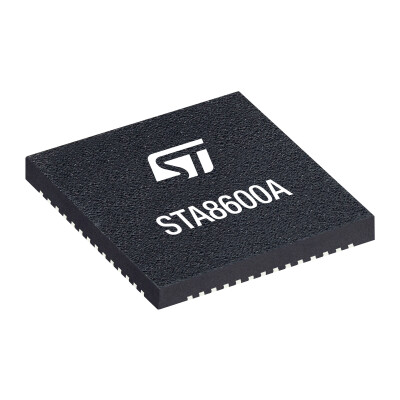RoboSense, a provider of lidar solutions for the automotive industry, has launched an intelligent autonomous driving lidar algorithm. RS-IPLS is the first hardware and software algorithm-based solution for easier mass production of safe autonomous cars.
Costing $200 when produced at scale, the RS-IPLS is based on RoboSense’s high-performance MEMS solid-state lidar technology, which the system merges with 2D imagery hardware and RoboSense’s deep learning algorithms to output 3D high-precision spatial data. Doing so, RoboSense is able to perform time and space synchronization and provide color point cloud data that enables detection of more detail for road objects.
Additionally, it features the new RoboSense RS-LiDAR-Gaze “Gaze” Technology, which locks a target (like a cyclist, or pedestrian) for what RoboSense calls Region of Interest (ROI) processing. The company says this processing approach “maintains vigilance” on these areas of interest to offer higher-quality, more stable data for self-driving vehicles.
RoboSense’s new system provides colored, three-dimensional spatial data information in real time, which reduces the time delay normally caused by external fusion. Moreover, the AI-Algorithm processes the collected data, to improve the detection of distance, accuracy, and opacity of the target object, resulting in a safer self-driving vehicle, and reducing the load on the central processing unit.
“Lidar needs a self-revolution. The market needs an automotive-grade product that can be mass produced in the tens and hundreds of thousands. You have to guarantee low cost and provide high performance to ensure the safety of your vehicle,” said Mark Qiu, RoboSense Co-founder. “This has driven us to create a whole new sensor system technology based on the perfect extraction of environmental information and large-scale perception of the environment, with the constant capture of areas of interest, focusing on effective information.”






